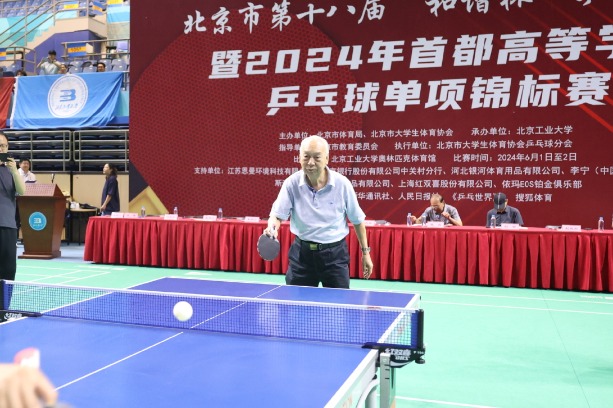Confucianism 'offers solutions to complex global issues'


In a world faced with various challenges, Confucianism is playing an ever important role in addressing them, foreign and Chinese experts and officials said on Friday.
"Confucianism has offered the world a crucial cultural foundation to build solutions to complex global issues," said Ehsan Doostmohammadi, an Iranian researcher and translator from Southwest University in Chongqing.
He was speaking at the 2024 International Forum of Confucianism held in Quzhou, East China's Zhejiang province.
Such Confucian concepts as inclusiveness, harmony and cooperation can help further strengthen mutual learning among civilizations, which is needed today as globalization deepens, he said.
Iran, as well as countries taking part in the Belt and Road Initiative, has gained a lot from the wisdom of the great master, and China and Iran have been continuing to grow thanks to mutual learning over the centuries, he added.
Confucius (551-479 BC), who lived in the Spring and Autumn Period (770-476 BC), is known as the first Chinese person to start private schools and believed that every person, regardless of their social status, could benefit from a lifetime of learning.
Imre Galambos, a Hungarian sinologist and the Qiushi Chair Professor at Zhejiang University, said the impact of Confucian ideas has long extended far beyond China.
Citing a historical document depicting Confucius teaching at the famed Apricot Altar, which was written in Tangut script and dated back to the late Northern Song Dynasty (960-1127) and early Southern Song Dynasty (1127–1279), Galambos noted that Confucianism has long spread along the Silk Road.
The document is only a small piece of evidence of its profound influence, he said, even as some descendants of Confucius were busy leaving northern China for the south.
When Kaifeng, capital of the Northern Song Dynasty, was conquered by the military of the Jin Dynasty (1115-1234), Emperor Gaozong withdrew to the south with his remaining forces. He then founded the Southern Song Dynasty, establishing its new capital in Lin'an (present-day Hangzhou). Meanwhile, the eldest of Confucius' descendants in the 48th generation, Kong Duanyou, also moved to the south, settling in nearby Quzhou with his family, while his younger brother stayed put in the north.
In 1255, Emperor Lizong of the Southern Song Dynasty, decreed that a Confucian family temple should be in Quzhou. From then on, the city became the second-largest center to Confucian ideas, and has been dubbed "Home of Nankong", or "Home of Southern Confucianism".
"The flourishing of Confucianism in Quzhou and southern China, and its integration with local culture, which has resulted in the distinct Southern Confucianism, epitomize the continuity, innovativeness, unity, inclusiveness, and peaceful nature of the Chinese civilization, said Gao Yi, secretary of the CPC Quzhou Municipal Committee.
Its vibrancy and vitality today will continue to make great contributions to the exchanges and mutual learning among civilizations, he said.
In the past few years, Quzhou has introduced a series of policies for the inheritance of Confucian culture, including setting up a Confucius-themed public library. More recently, a new set of regulations was passed by the city's legislature earlier this year to better protect and promote the historical and cultural heritage of Confucianism, which comes into effect on Sept 28, the birthday of Confucius.
- Confucianism 'offers solutions to complex global issues'
- Deputy general manager of China Unicom under probe
- Industrial worker builds models for excellence
- On board High-Speed Train G8388: Having a special slice of pizza in an ancient village in Anhui
- Xi encourages industrial workers to contribute to full revitalization of NE China
- China unveils moon-landing spacesuit for the first time




































